Student government should not replicate the flaws of our actual government; it should embody what we aspire for it to be.
Like our government, it can be dismissed as insignificant, or it can be leveraged as a powerful tool for real change. While centralized power may be the norm now, change starts with grassroots movements, not top-down directives. Ideally, student government should be comprised of individuals from diverse backgrounds, each with unique priorities and academic goals, reflecting the richness of our student body. This diversity brings multiple perspectives to the table, enhancing our ability to listen to and advocate for students from all walks of life. The purpose of student government is not to elevate its voice but to empower the voices of the student body and to engage in ‘good trouble’—challenging the status quo to foster meaningful progress.
Actual change neither begins nor ends with student government. We are not the initiators or final decision-makers of progress; instead, we serve as a platform that unites and supports students. Our role is to organize and advocate for those who feel disenfranchised, creating spaces where collective bargaining and diverse perspectives can flourish. We strive to bring students together, advocating on their behalf while equipping them with the resources and skills to champion their causes. I believe it is the responsibility of the student government to navigate bureaucratic challenges and address controversy with integrity, care, and kindness. We must ensure that even the quietest student voice is heard and respected.
As student governments regrettably often mirror broader governance systems, I have observed many others across the state operating under the belief that strong executive power is essential for swift decision-making. This trend is not unique to our campus; it is widespread. While I recognize the appeal of centralized authority, it raises serious concerns. In a political climate where the executive branch increasingly consolidates power, frequently bypassing legislative checks, it is crucial that we, as student leaders, model the kind of governance we aspire to see—starting with our student government.
When I became the Senator of Veteran and Transfer Affairs in Fall 2022, I was struck by the power imbalance. With 18 members, the Senate seemed less relevant and influential compared to the four executives—the President, Executive Vice President, Vice President of Finance, and Vice President of External Affairs. While many senators did great work for the sake of the students, and the executive board tirelessly advocated for student interests, the concentration of authority in the executive board was apparent. The Senate often felt fragmented, with senators and executives alike working in silos. Collaboration was rare, and the culture of debate was more about discord than constructive dialogue.
After being elected Executive Vice President in Fall 2023, our executive board recognized the need to improve transparency and communication with the Senate. We prioritized ensuring that senators had access to all relevant information and that we, as executives, proactively shared updates and decisions. We also identified several accountability challenges. The existing system made it almost impossible to hold executives accountable apart from the Executive Vice President, as their removal required a student referendum with more signatures than typically seen in our elections.
Similarly, while senators were expected to serve a certain number of hours a week, there was no practical way to enforce this commitment. We knew changes were needed to strengthen the integrity and effectiveness of our student government.
In response to the need for greater accountability, the internal ASI legal committee spent months meticulously revising nearly 27 pages of our 34-page bylaws. We implemented a staff protection clause and established a three-strike system for both senators and executives, with strikes issued for unexcused absences, failure to complete service hours, and neglect of responsibilities. This comprehensive overhaul introduced a transparent process for students to file complaints and created an internal review system to hold both executives and senators accountable.
Additionally, the Senate now has greater decision-making power over executive accountability and must approve appointments, such as the California State Student Association (CSSA) state representatives, which were previously handpicked by the executive board. We’ve also lowered the executive dollar amount thresholds for spending approvals, ensuring that more financial decisions are made collectively by the Senate rather than solely by the executive board.
I am deeply grateful to the 2023-2024 ASI Cohort for unanimously passing these significant bylaw changes. Their dedication to prioritizing accountability and transparency filled me with immense pride as I was honored to serve as their Executive Vice President. Despite not being held to these new standards at the time, the 2023-2024 cohort demonstrated exceptional productivity and commitment to student advocacy, passing nine resolutions, seven project proposals and serving more than 5,000 hours for students on campus, proving that this model of increased accountability and shared governance is both viable and effective when formalized through the bylaw changes. I am confident that the 2024-2025 Student Senate will not only build on the foundation laid by their predecessors but also pioneer new initiatives to improve our school further and advocate for student interests.
Our progress at Fresno State shows that student government can embody what we aspire for it to be, rather than replicating the flaws of broader governance. With this vision in mind, we call upon all student governments across California to follow suit. We need robust systems of accountability for both executives and senators. We need to empower our Student Senates and redefine the role of executives as guides, not gatekeepers. If we continue to endorse and perpetuate broad executive power without adequate checks and balances, we merely mirror the dysfunctions of the systems we should strive to improve. By succeeding in these efforts within our student governments, we set a precedent for the change we wish to see in our broader government and society, ultimately challenging the status quo.
We cannot fight flawed systems by replicating their practices; instead, we must be bold and create something better—something that works for everyone. Student government should embody the change we aspire to see, not merely echo the shortcomings of the structures we seek to reform. It has the potential to be a powerful force for transformation, but it risks fading into insignificance if it becomes disconnected from the values and priorities of those it represents.
When we stop caring, we allow the system to fail us. We must choose to care, engage and build a government that truly serves its people—because if we don’t, we’re not just accepting the status quo; we’re complicit in our own decline.
To all Fresno State students: your student government is here for you. If you don’t hear from us, hold us accountable and demand that we listen.




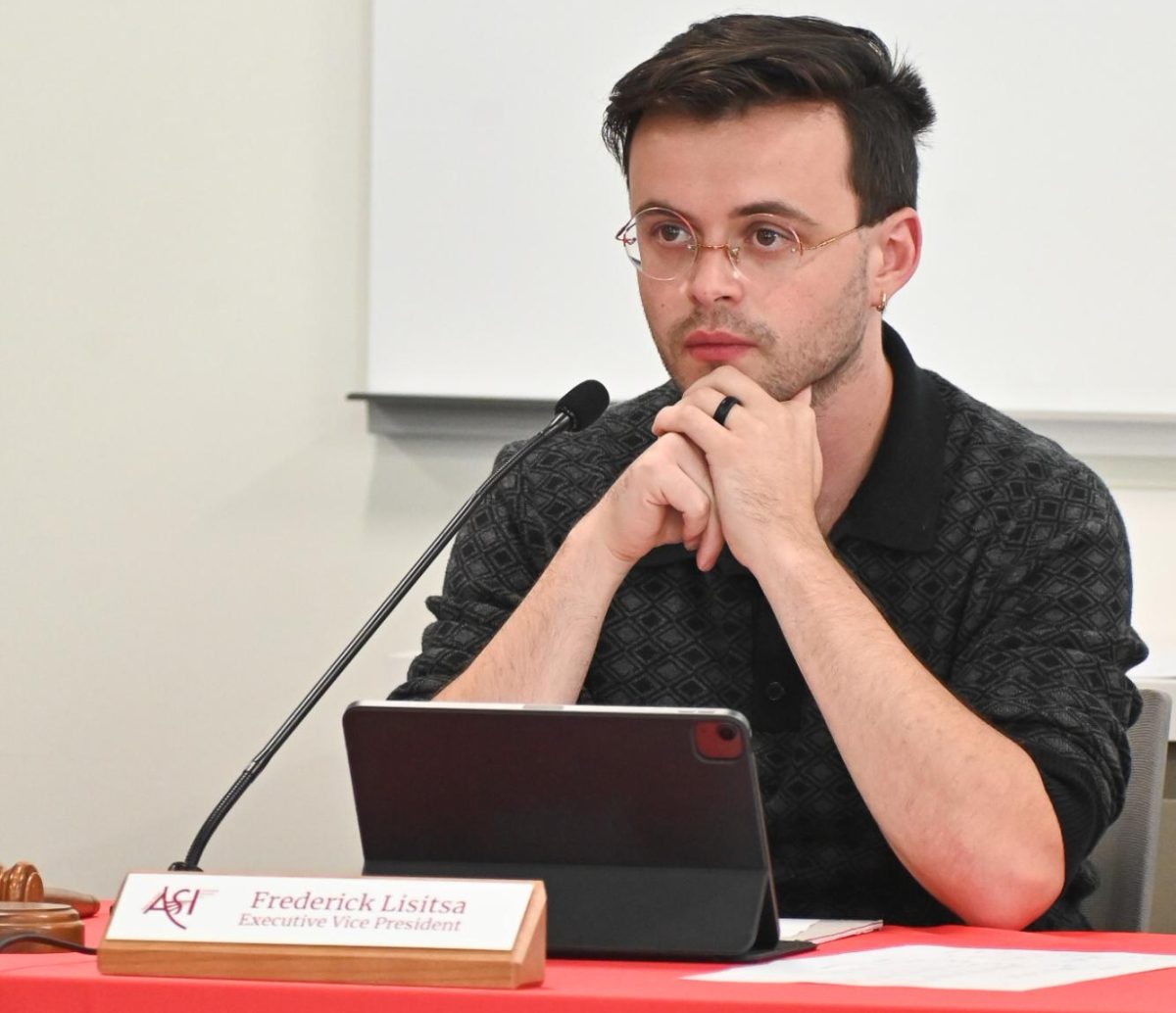




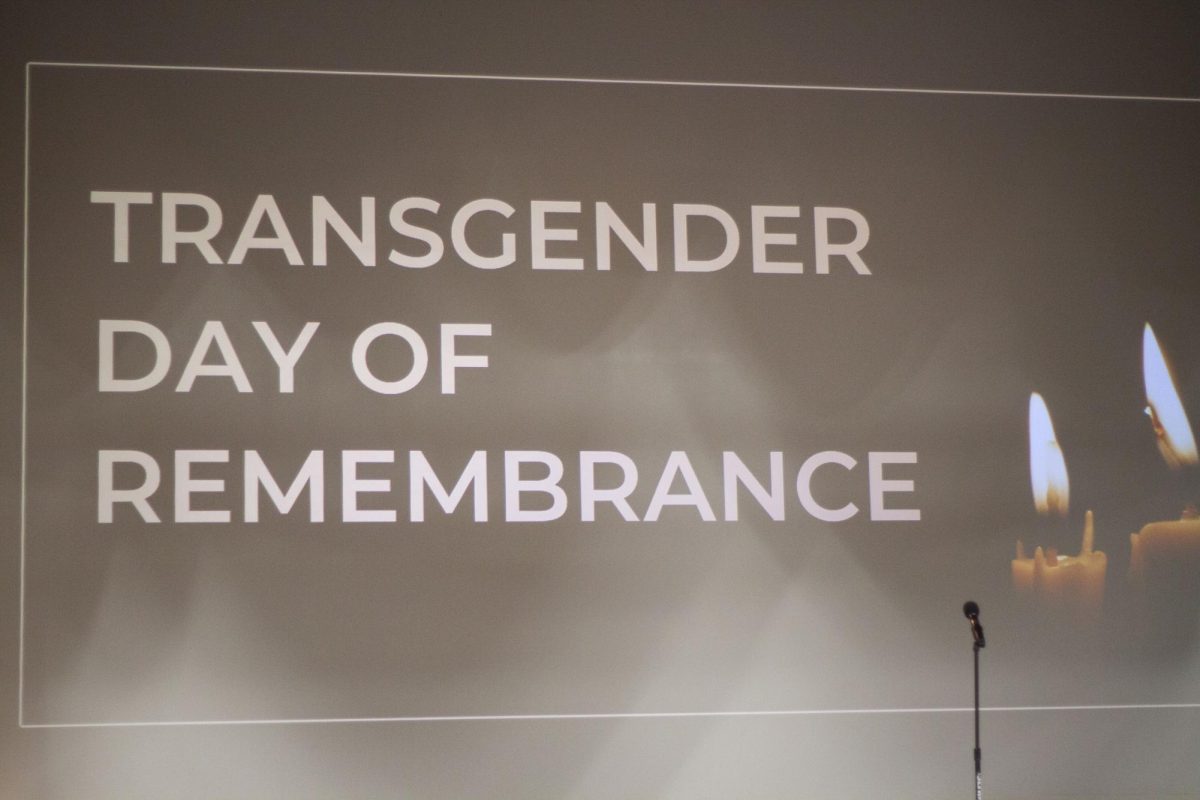

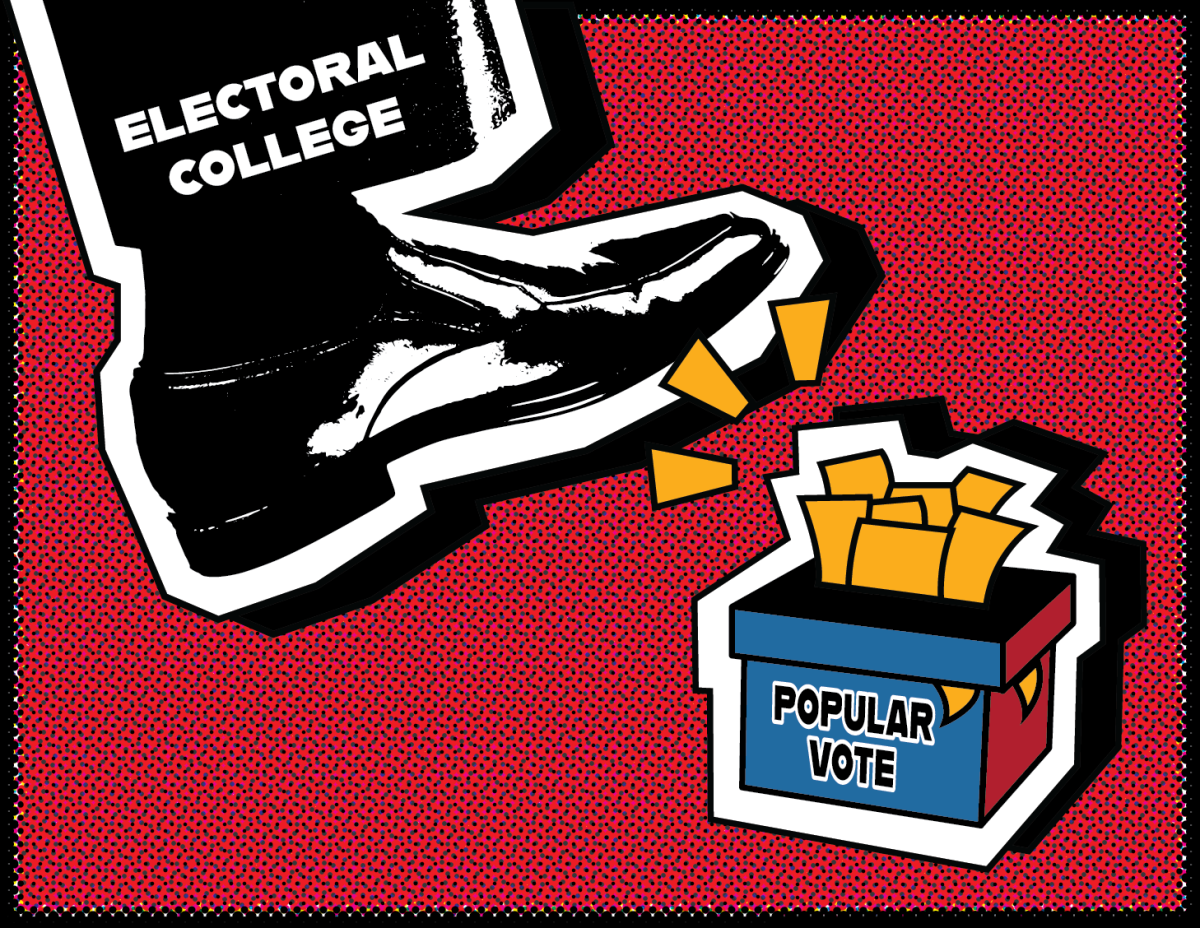




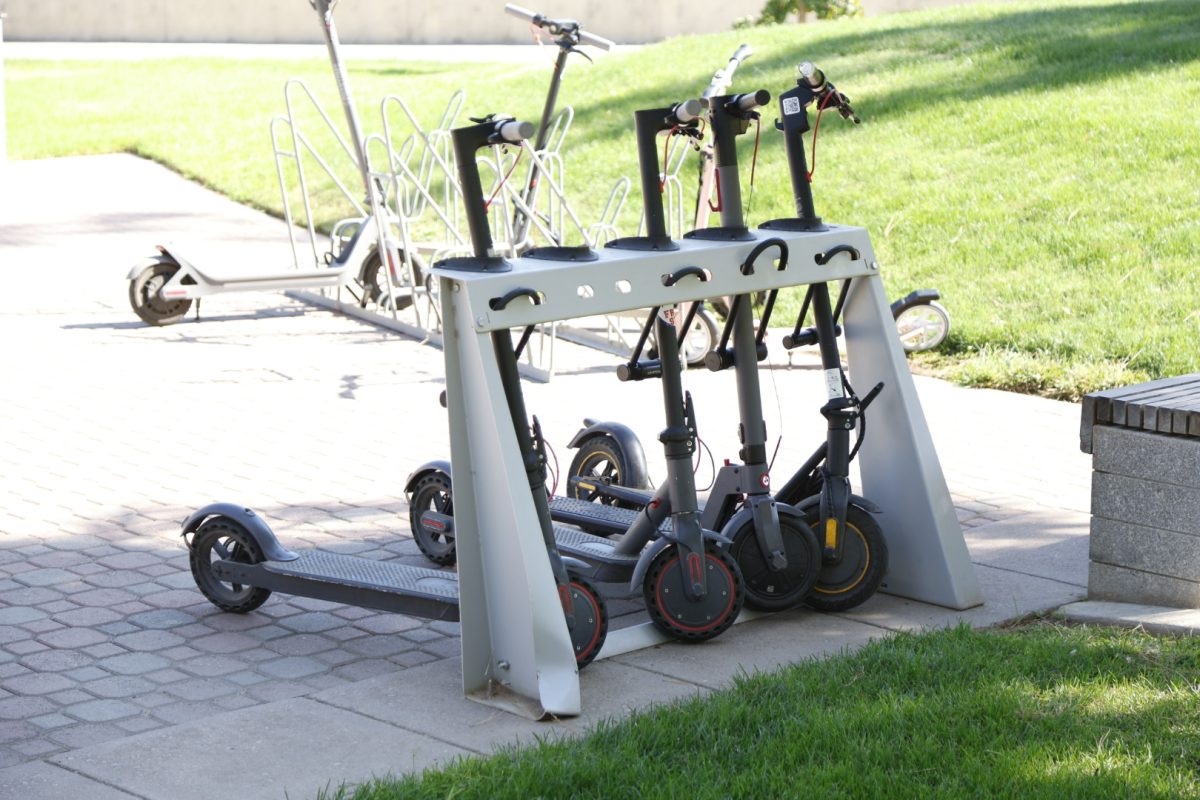

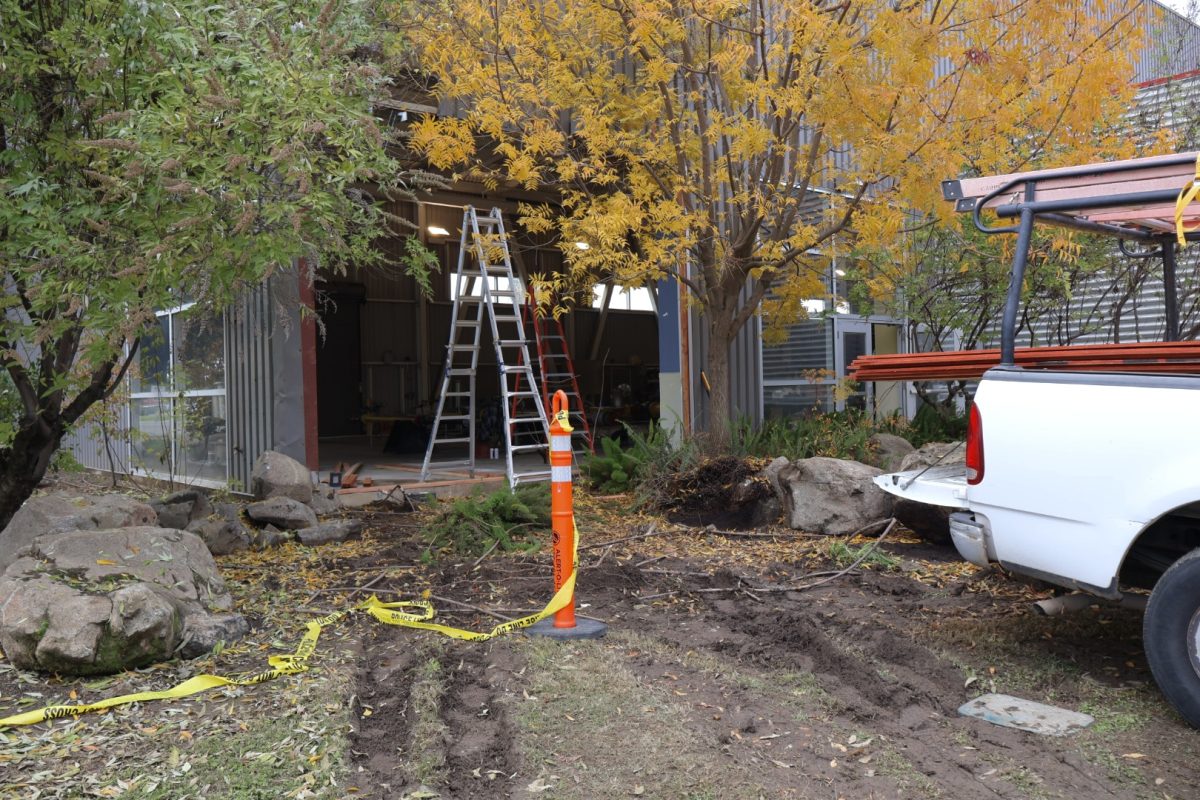




Clown Man • Nov 5, 2024 at 12:04 am
If only these sentiments extended beyond this humble setting! I gotta be honest, do you guys feel like you are actually voting right now? Because I don’t. I feel like I am staring at a marketing brochure with scantron bubbles for Taco Bell’s menu, an ostensible smorgasbord of different choices that are all really just different arrangements of the same thing- “give us you’re money, you don’t need to understand. If you did, you would probably have a personal relationship with at least some of the people on this flimsy piece of paper!” Ah but even that’s a lie, because I haven’t had the time or energy to meaningfully declare such a level of awareness to be so critical. I am a poorly educated moron staring at votes for huge loans for building things and which contractor’s friends get the gravy train a-rollin. THESE ARE TOTALLY THINGS I AM QUALIFIED TO VOTE FOR… I totally don’t need to be weighing in on insane things like getting teachers paid more! I’M TOO DUMB!